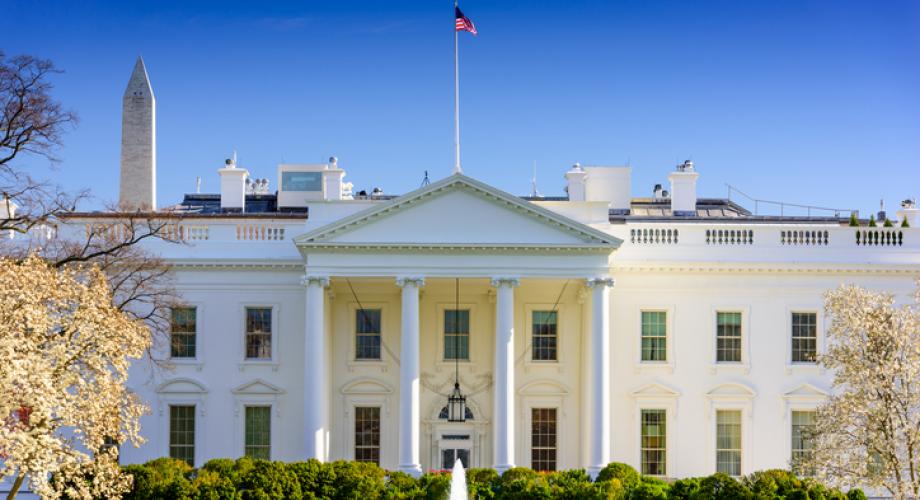On August 8, President Trump signed four executive actions directing federal agencies to provide additional relief to those affected by the COVID-19 pandemic. These actions focused on student loans, payroll taxes, unemployment benefits and housing. Importantly, the President’s executive order on housing highlights the need for robust financial assistance to stabilize renters who are experiencing hardship. The order does not, on its own, extend the CARES Act eviction moratorium.
Trump’s “Executive Order on Fighting the Spread of COVID-19 by Providing Assistance to Renters and Homeowners” focuses on the following asks:
- Directs the Department of Health and Human Services (HHS) and the Centers for Disease Control and Prevention (CDC) to consider whether any measures temporarily halting residential evictions of any renters for failure to pay rent are reasonably necessary to prevent the further spread of COVID-19;
- Urges the Department of the Treasury (Treasury) and the Department of Housing and Urban Development (HUD) to identify available federal funds to provide temporary financial assistance to renters and homeowners who, as a result of COVID-19, are struggling to meet their rental or mortgage obligations;
- Further encourages HUD to take action to promote the ability of renters and homeowners to avoid eviction or foreclosure resulting from financial hardships caused by COVID-19. Such action may include encouraging and providing assistance to public housing authorities, affordable housing owners, housing providers, and recipients of federal grant funds to minimize evictions and foreclosures; and
- Orders the Federal Housing Finance Agency (FHFA), in consultation with Treasury, to review all existing authorities and resources that may be used to prevent evictions and foreclosures resulting from hardships caused by COVID-19.
In addition to these efforts, President Trump also emphasized the importance of extending supplemental unemployment benefits in a second order. It has been the Administration and Congress’ efforts thus far to provide financial assistance to households and businesses affected by COVID-19 that have prevented widespread evictions, kept renters stably housed and preserved the viability of the rental housing industry. Whether in the form of enhanced unemployment benefits or rental assistance, these efforts, combined with the payment plans and other creative solutions agreed to by housing providers and residents, have been essential.
Although the CARES Act federal eviction moratorium has expired, the Federal Housing Administration (FHA) and FHFA’s foreclosure and eviction moratoria for single-family homes in the agencies’ purview remain in effect until August 31. FHA and FHFA’s tenant protection measures that apply to multifamily borrowers in forbearance also remains effective. Additionally, HUD announced $472 million for public housing authorities (PHAs) to support current participants of voucher programs.
Despite the breakdown in negotiations between Congress and the Administration, NAA continues to urge all parties to work together and implement solutions to the COVID-19 housing crisis like emergency rental housing assistance that balance the needs of our nation’s 40 million apartment residents, countless rental housing owners and operators and the 17.5 million employees supported by our industry. As well, we are urging that policymakers fix the outstanding issues from the CARES Act eviction moratorium (including a clear sunset date for the 30-day notice to vacate requirement).
NAA will keep the industry abreast of any new guidance or rules issued by federal agencies as a result of President Trump’s executive actions and any break in the logjam around negotiations on a COVID-19 legislative package.
